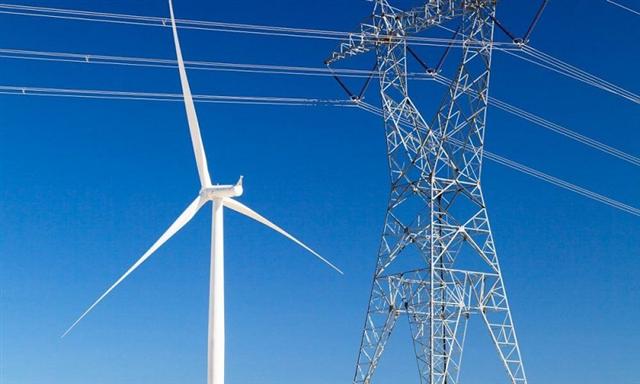Vietnam announces wind power projects for master energy development planning
Vietnam announces wind power projects for master energy development planning
Southwest tops the list of wind power projects to be included in the power master plan.
The government of Vietnam on June 25 announced a list of wind power projects and grids to be considered for inclusion in the revised power master planning.

Vietnam's wind power has received more investment over the last years
|
Under Dispatch No.795/TTg-CN, the list entails name, location, capacity, connection plans and conditions to release capacity of each project, according to Duane Morris LLP, a US-based a law firm providing innovative solutions to today’s legal and business challenges.
The projects, with total capacity of 6,977 megawatts (MW), are located in five regions, namely the Southwest region, the Central Highlands, the North Central region, the South Central region, and the Southeast region.
Among them, the Southwest region, which embraces Bac Lieu, Ben Tre, Soc Trang provinces, has the highest number of projects with 3,166.8 MW waiting to be included in the power master plan.
The runner-up is the Central Highlands (Gia Lai, Dak Lak, Dac Nong provinces) with 2,432 MW. Next is the North Central region with 941.2 MW of wind projects concentrated mostly in Quang Tri province.
Meanwhile, all wind power projects in the South Central region are located in Ninh Thuan province. The South East region has only one project namely Cong Ly Ba Ria Vung Tau project to be considered for inclusion.
Dispatch 795 is expected to serve as a basis for the supervision of investment/construction process of wind power projects, so that these projects can quickly go into operation, supplement the electricity supply for the country and combat electricity shortages.
According to Duane Morris, the official list of projects to be included in the master plan also helps to combat bribery/corruption among developers and relevant authorities – the latter enables low quality projects to be connected to the national grid, thus subsequently damaging the infrastructure of the distribution system and creating financial loss for the buyer and consumers.
The Ministry of Industry and Trade is responsible for making sure wind power projects and power grids connected to the national electricity system to be appraised in accordance with laws and can contribute to common economic efficiency.
The ministry must also ensure there will be no overload of power grid these projects are put into operation.
























